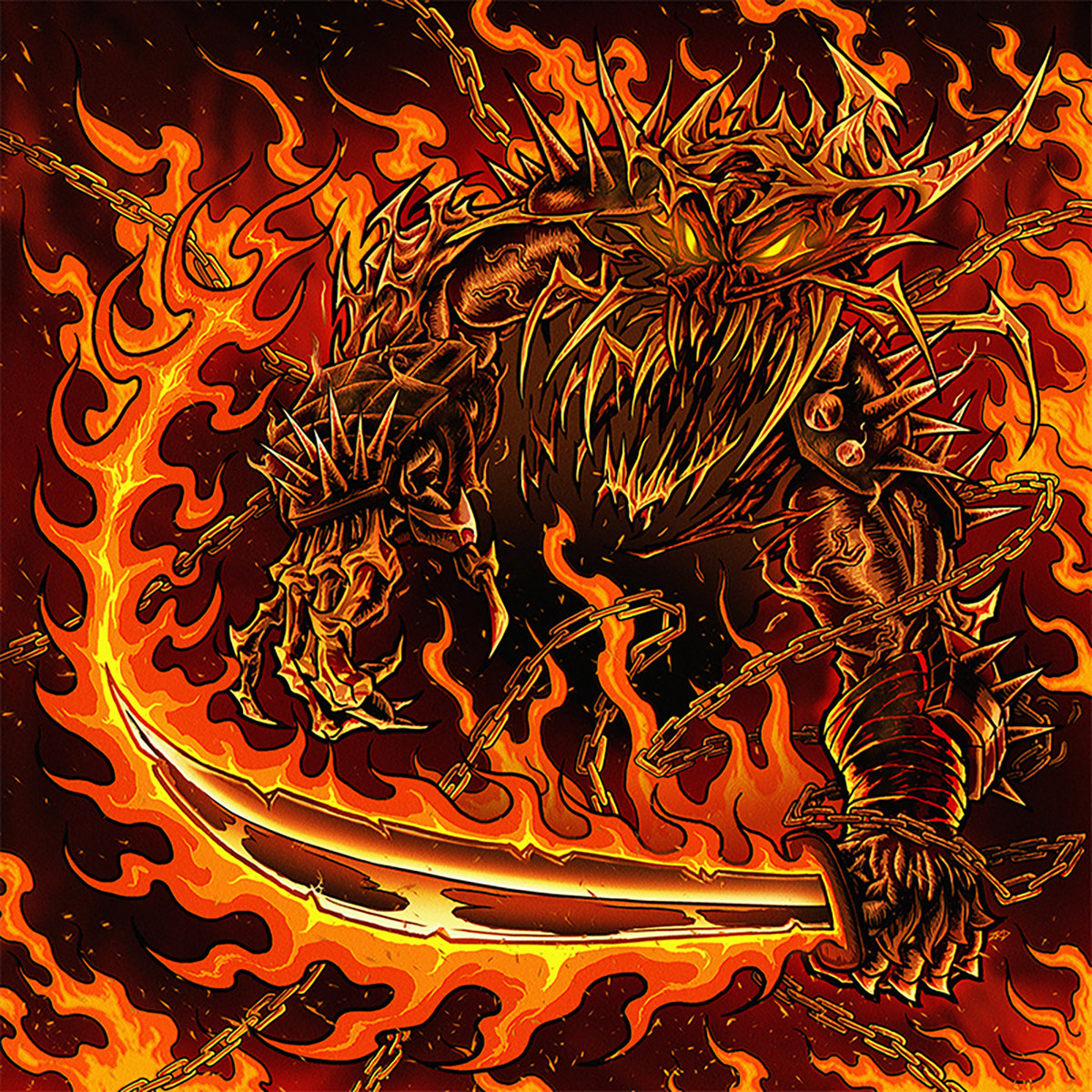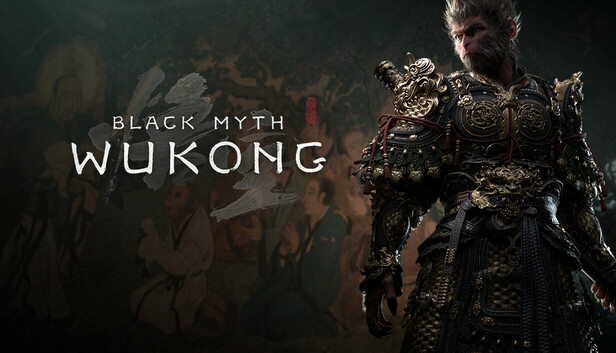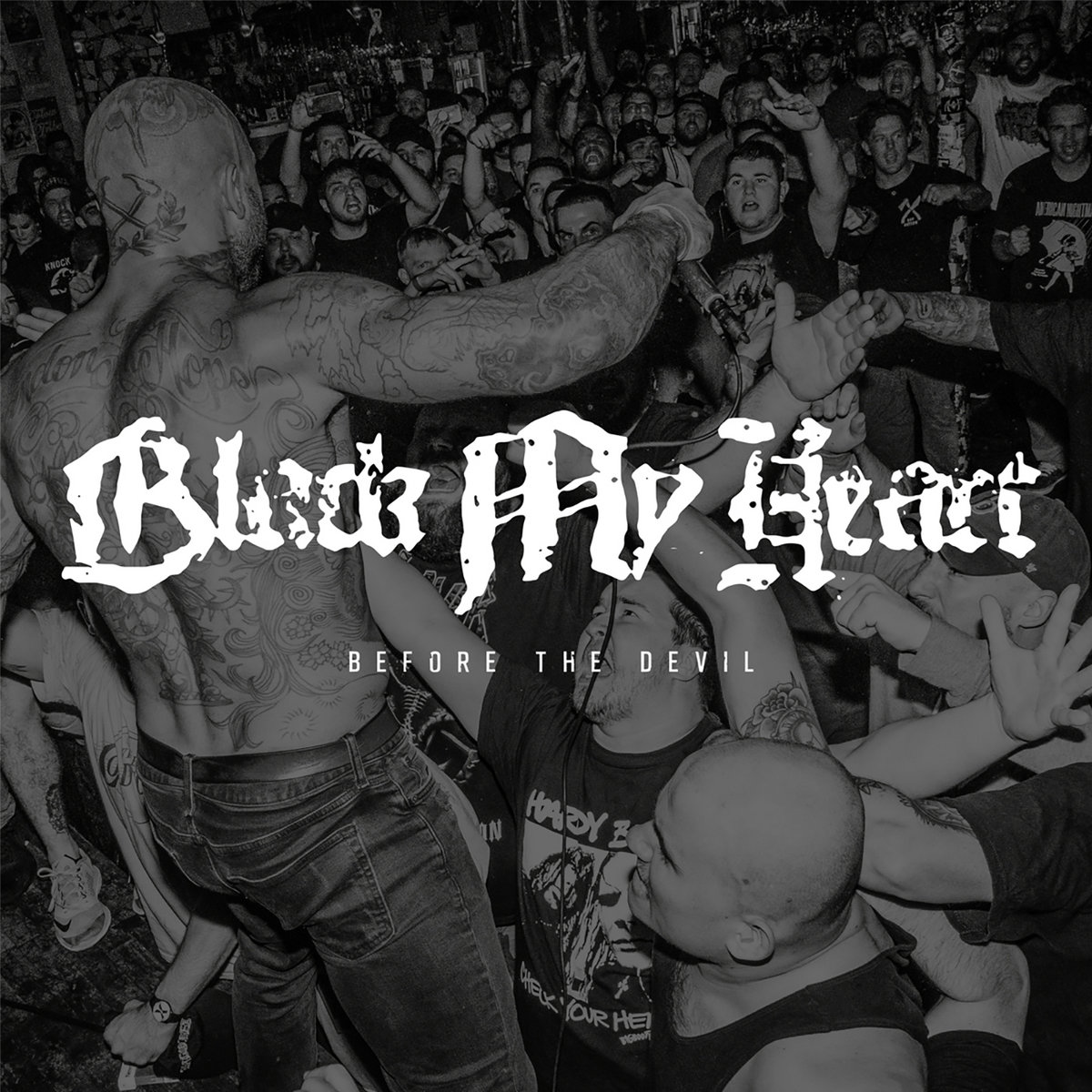Black Fatigue: Origins of an Online Racist Punchline
When I was in high school, I was an activist. When I was in college, I was an activist,” says Winters, 74. “I’m not gonna live the rest of my life — however much of it I have left — letting Black fatigue impact who I am.” With that starting point in mind, she wrote her 2020 book Black Fatigue: How Racism Erodes the Mind, Body, and Spirit. · “In my book, Black fatigue is the mental and physical exhaustion that comes from repeated acts of discrimination over time,” Winters says.But she says after looking into many of the accounts and groups who were using it to defend racist takes and punchlines, she decided that it wasn’t going to make her stop advocating for the Black community, and solutions to Black fatigue as she defines it. · “People who are in these extremes are not open to a conversation. I’m choosing not to let it impact me personally, emotionally,” Winters says. “I’m not going to get involved in whatever delusions, disinformation, or pain that causes people to be racist. I don’t know what they’re dealing with. But I know what my truth is.“When you have no home training and no idea how to act in public.” But before the term was a viral digital punchline, it was a concept used to describe how racism and microaggressions in the workplace can lead to physical symptoms in Black communities. Author Mary-Frances Winters, who popularized the term in 2020, tells Rolling Stone that while she’s not surprised the phrase has been co-opted, she’s choosing to not let it get to her — because that’s exactly what online trolls want. · “I have given my life to this work.The term coined by author Mary-Frances Winters to address the physical harm of white supremacy has been hijacked.






